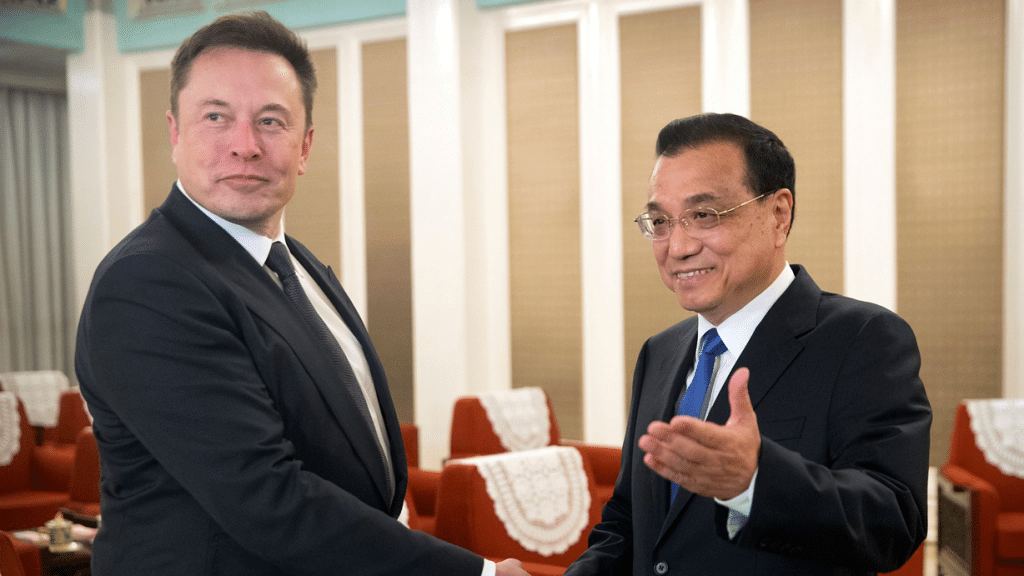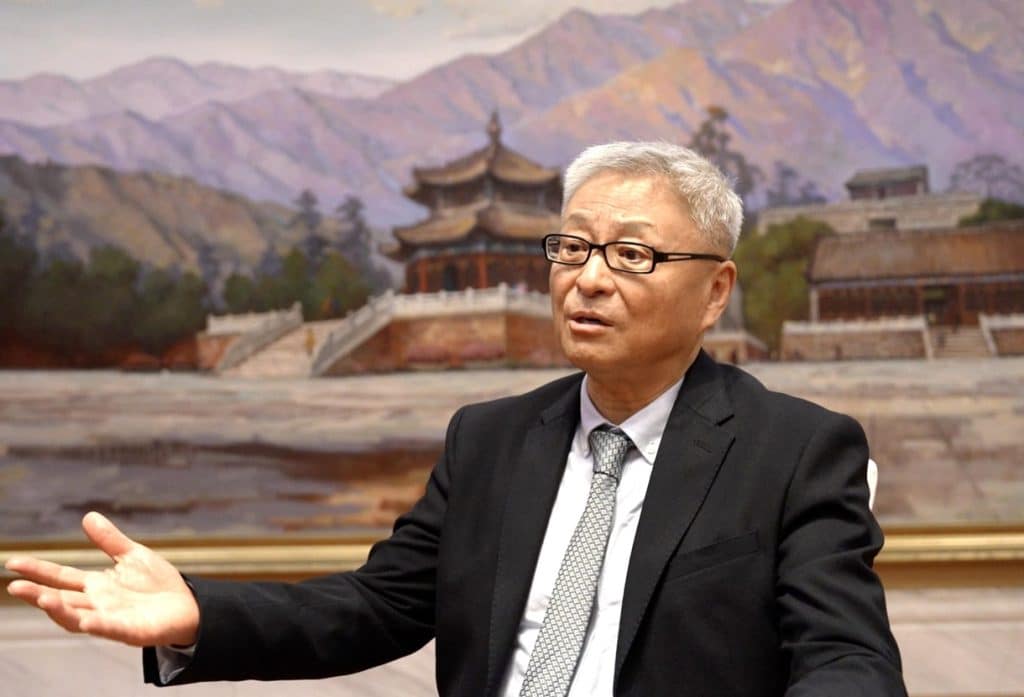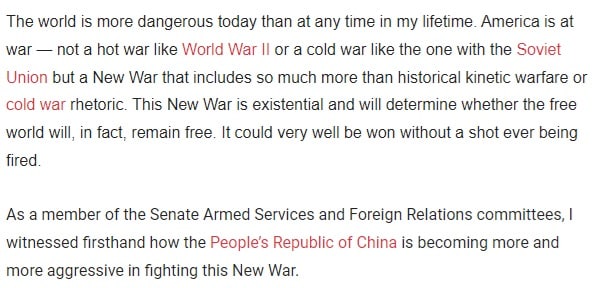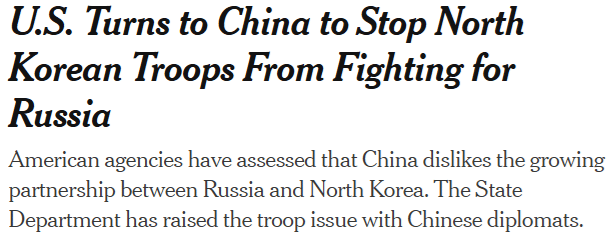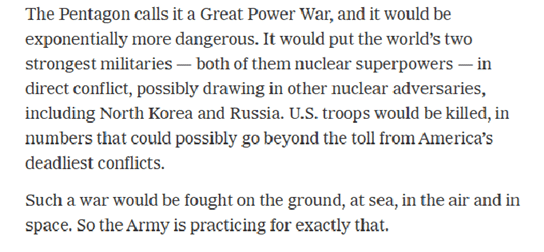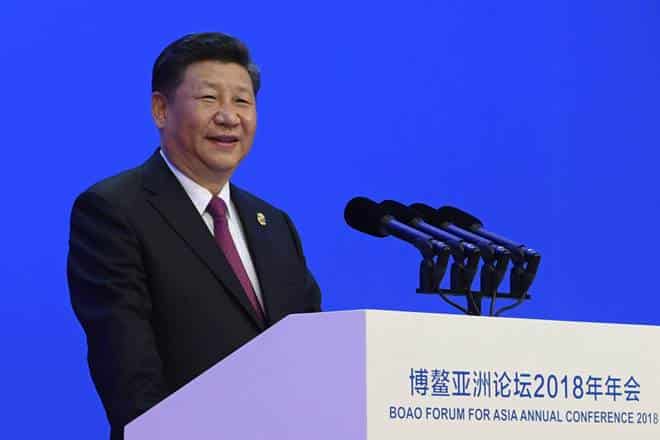Carter Urges Harmonious Relationship in China Town Hall 2014
作者: 来源:US-China Perception Monitor
In a collaborative event hosted by The Carter Center and the National Committee on U.S.-China Relations (NCUSCR), former President Jimmy Carter fielded questions about the current and future state of the world’s most significant bilateral relationship. The event, “CHINA Town Hall, National Reflections, Local Connections” (CTH) was webcast live from Atlanta to over 70 venues across the U.S. This was the first time that the CTH was conducted in front of a live audience.
After an introduction by the new CEO of The Carter Center, Ambassador Mary Ann Peters, President Carter reflected fondly on his engagement with China over the past 35 years. He recalled his first contact with China via listening to Southern American missionaries, his getting to know more about China from his uncle, his first visit to China when the Chinese Communist Party was about to seize power from the Nationalists in 1949 and the memorable experiences from his efforts in normalizing U.S.-China relations alongside China’s paramount leader Deng Xiaoping. He noted the serendipity of the overlapping numerous personal and national anniversaries that he and China both shared around the time of his most recent visit last month and recounted:
“[The timing of the trip] happened to be approaching my 90th birthday; it was also the 65th anniversary of my visiting China for the first time, the 65th anniversary of the People’s Republic of China being formed, the 35th anniversary of normalized diplomatic relations, and the 110th birthday of Deng Xiaoping….so we had a lot to celebrate, and it was a very pleasant and wonderful visit for me. I’ve been to China almost every year since I’ve been out of the White House, and I’ve met with Xi Jinping now four times, three times before he was the president of China. So I’ve had a wonderful relationship with China…”
Reminiscing on his presidency, Carter found an opportunity to cooperate with Deng Xiaoping “to sign an agreement with China to recognize it—Mainland China—as representative of the Chinese people in hopes that it would have good results.” And since then, “peace has prevailed in Asia. There hasn’t been another war, another armed conflict in Asia and the whole area progressed, I would say culturally and economically as well.”
Questions from the audiences across the nation ranged from current events to questions specifically recalling Carter’s term as president. Naturally, audience members were interested in the ongoing protests in Hong Kong, with NCUSCR president and moderator Steve Orlins posing a series of questions relating to the issue. Carter indicated that Obama should respect the sovereignty of China, and that for the United States to intervene would be a “violation”. He said that Beijing probably will not reverse its decision on how the next Hong Kong chief executive is going to be elected in 2017 but both sides can still work on how the 1,200 nomination committee members are chosen.
Other topics of conversation included the relationships that China had with other nations in the Pacific region, specifically Japan, Taiwan, North Korea, and South Korea. President Carter commented that China’s territorial disputes with neighboring nations will be resolved bilaterally and peacefully since interests in maintaining economic and trade relations will act as a barrier to conflict. As with previous CHINA Town Halls, people sent in questions about Chinese investment in developing countries (particularly in Africa), cyber warfare, global warming, and the appropriate actions the U.S. ought to take in response to developments in these arenas. In many of his responses, Carter noted that there was room for U.S.-China cooperation and urged for a “harmonious relationship” between the two.
Carter also reflected on the American perception of China’s government. Since the Xi Jinping administration is relatively new, Carter feels it unwise to deliberate on where it will take China in the coming years. Carter said President Xi Jinping is a strong leader, has vision and will certainly be responsive to both popular demand at home and the political trends of the world.
In response to a question, President Carter expressed his concern that both the American and the Chinese media outlets sometimes misrepresent each other and that American politicians tend to demonize China during the campaign season. He encouraged the leaders of both nations to address the issue.
President Carter believed meetings between top leaders of the U.S. and China are very conducive to the bilateral relationship. The Sunnylands Summit last year was a good start. There is high expectation about the upcoming meetings between President Obama and President Xi Jinping in November 2014 and January 2015. These meetings will be a good opportunity for the Obama administration to define what is the essence of the “pivot policy” since the United States has always been a Pacific power for the past century with many trade relations and military alliances. They will also provide a rare chance for President Obama to clarify his characterization of China as “a free-rider” in the past three decades when he was interviewed by the New York Times in August.
President Carter emphasized that the U.S. and China can work towards common goals for the betterment of their own bilateral relationship, and the benefit of the global community.
By Admin on October 20, 2014
来源时间:2018/4/5 发布时间:2014/10/20
旧文章ID:15796


